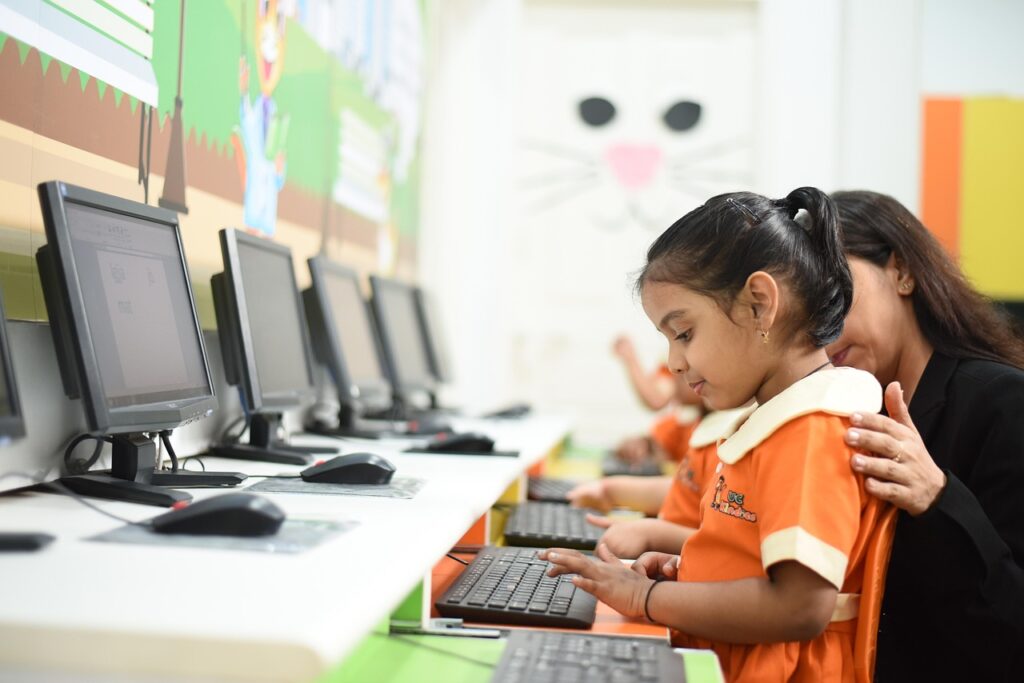Finding a preschool near me involves considering factors like location, licensing, curriculum, and reviews. Many parents prioritize safe environments with qualified staff and programs that support early literacy, social skills, and creativity. The best preschool options provide a balance of convenience, quality care, and a curriculum tailored to prepare children for elementary education.
Local preschools often offer various programs, from play-based learning to STEAM activities that foster exploration and development. Checking real-time availability, reading parent reviews, and comparing prices help families choose the right fit for their child’s needs. Trusted providers ensure that children receive nurturing care from drop-off to pick-up, making daily routines easier for parents.
Access to licensed childcare centers, specialized early learning schools, or community-based programs can differ by area. Exploring multiple sources and understanding the early education approach helps parents make informed decisions, avoiding common pitfalls and aligning with their family’s priorities.
Finding the Right Preschool Near Me
Selecting a preschool involves careful evaluation of location, curriculum, staff qualifications, and the enrollment process. Parents need to balance practical considerations with educational quality to make the best choice for their child.
Factors to Consider When Choosing a Preschool
Parents should assess the preschool’s proximity to home or work to ease daily logistics. The program’s schedule and hours must fit the family’s routine.
The teacher-to-child ratio matters for individual attention and safety. Lower ratios typically mean better supervision.
Parents must review the curriculum focus, whether it emphasizes play, academics, or specific philosophies like Montessori.
Safety measures, cleanliness, and facility condition impact a child’s wellbeing. Checking references or reviews can provide insight into the school’s environment.
Cost and available financial aid or subsidies should be factored in alongside the quality of care.
Types of Preschool Programs Available
Preschools may follow different educational models. Common types include:
- Montessori: Child-led activities encouraging independence and exploration.
- Reggio Emilia: Emphasizes creativity and community participation.
- Play-based: Focuses on learning through play and social interaction.
- Academic Preparation: Introduces early literacy and numeracy skills.
Programs vary in structure from half-day to full-day schedules. Some include meals and extended care, which might be important for working parents.
Special needs integration or language immersion options are also available in certain preschools.
Steps to Schedule a Visit
To schedule a visit, parents should first contact schools via phone or email to confirm available tour times.
They should prepare questions in advance about curriculum, teacher credentials, and daily routines.
During the visit, observing class size, teacher interaction, and child engagement provides valuable information.
Parents should request documentation on safety policies and licensing status.
Taking notes and photos helps compare options later. Visiting multiple preschools allows for a broader perspective on what fits best.
Understanding Enrollment Requirements
Enrollment policies vary widely and it is important to clarify age eligibility, registration deadlines, and required documentation.
Forms may require proof of residence, immunization records, and previous health screenings.
Some schools require children to be potty trained, while others provide support for this.
Fees and deposit policies should be clearly understood, including refunds or waitlist procedures.
Parents should inquire if priority enrollment is given to siblings or residents of certain areas.
What to Expect From Local Preschools
Local preschools offer structured environments that balance learning, play, and care. They follow well-organized daily routines, use specific teaching methods, and maintain strict safety and hygiene protocols to ensure children’s well-being.
Typical Daily Schedules
Most local preschools follow a consistent daily routine designed to provide stability for children. A typical day includes welcome time, free play, snack breaks, focused learning activities, outdoor play, and quiet time or story sessions.
Children usually spend 5 to 6 hours per day at preschool, often starting between 8:30 and 9:00 AM and finishing by mid-afternoon. The schedule incorporates regular breaks to support attention span and energy levels, with a mix of individual and group activities to develop social and cognitive skills.
Teaching Approaches and Curriculum
Local preschools tend to use age-appropriate, play-based learning combined with early academic skills like literacy and numeracy. Many incorporate recognized programs such as phonemic awareness exercises to build reading foundations.
Curriculums focus on holistic child development, including motor skills, creativity, social interaction, and emotional growth. Activities often follow themes or projects, encouraging exploration and critical thinking. Staff typically assess progress to tailor support without pressuring children.
Safety and Cleanliness Standards
Preschools usually adhere to strict safety protocols, including secure entry points and childproofing classrooms. Staff are trained in first aid and emergency response to handle incidents promptly.
Hygiene practices include regular handwashing routines, sanitized toys and surfaces, and safe food handling during meals. Many settings follow governmental or licensing body guidelines to maintain cleanliness and minimize health risks for children.



